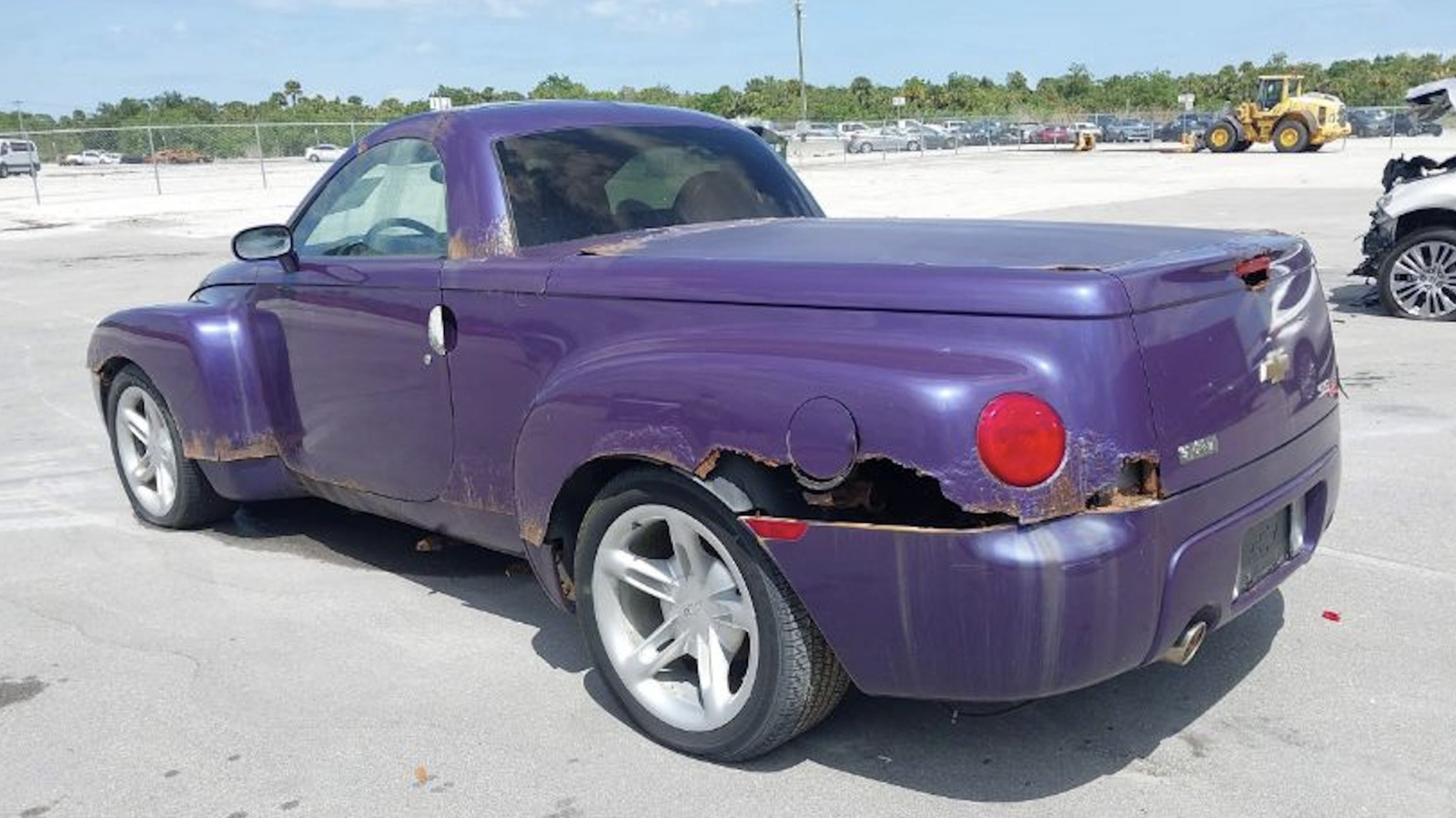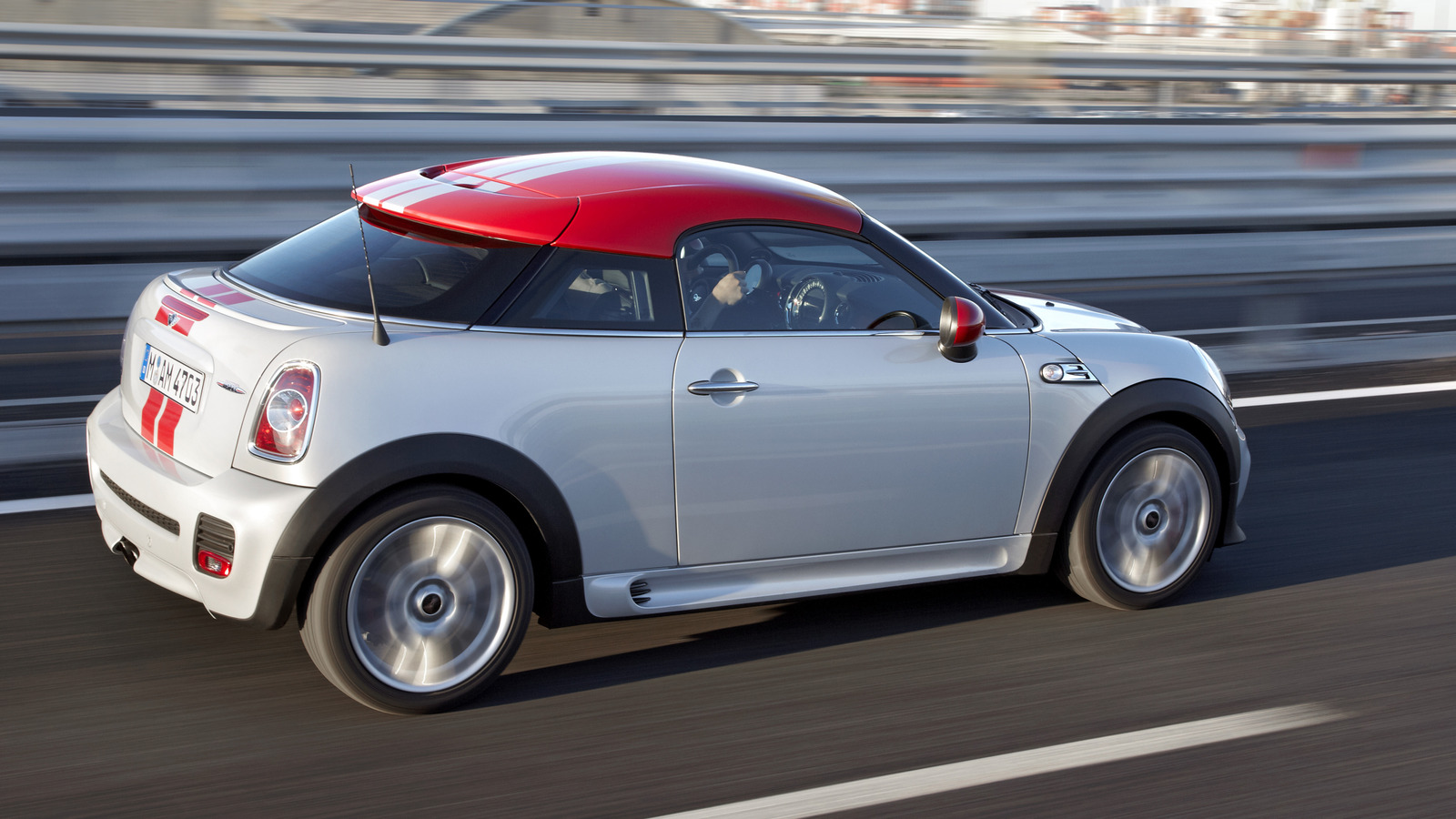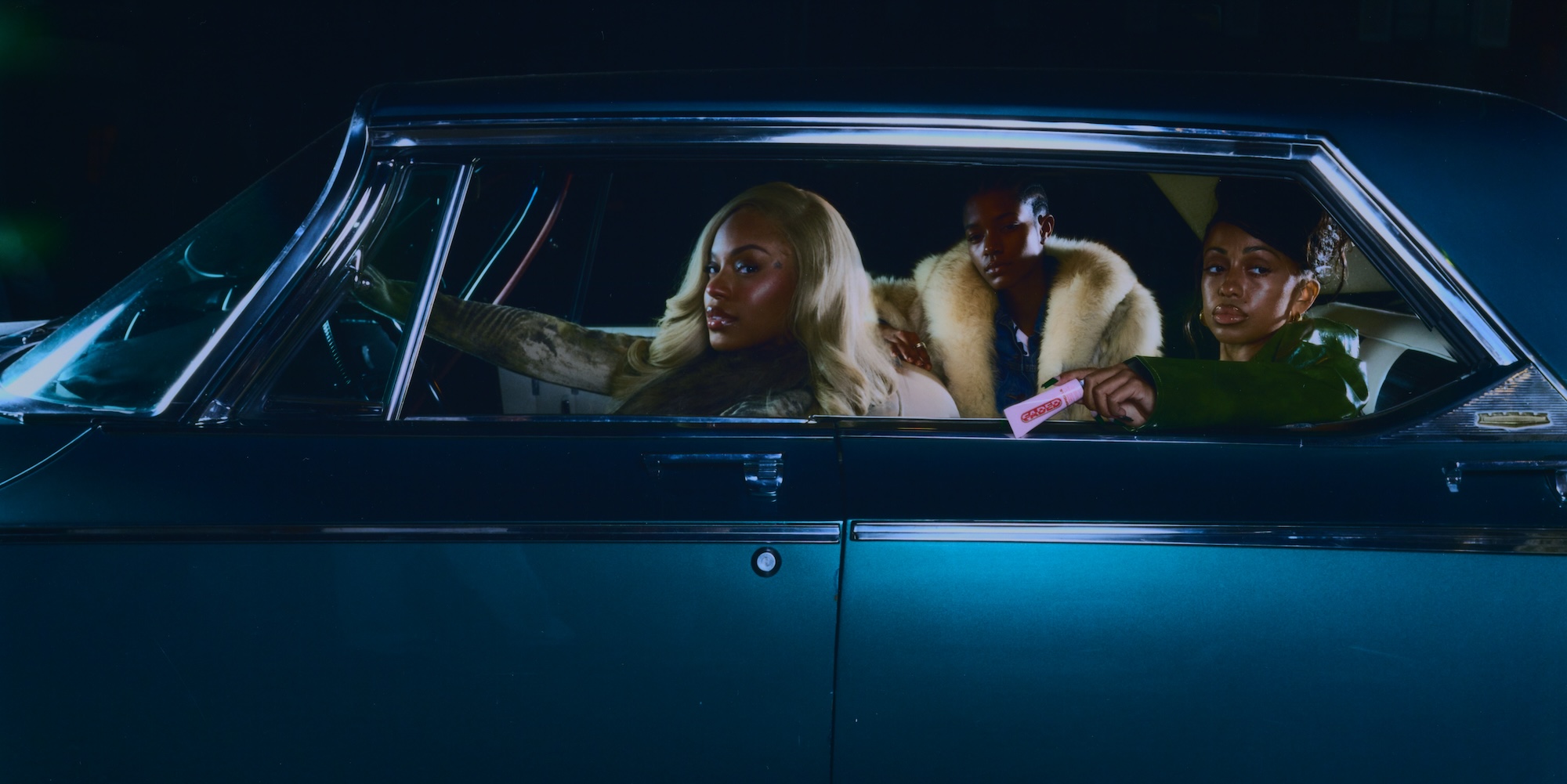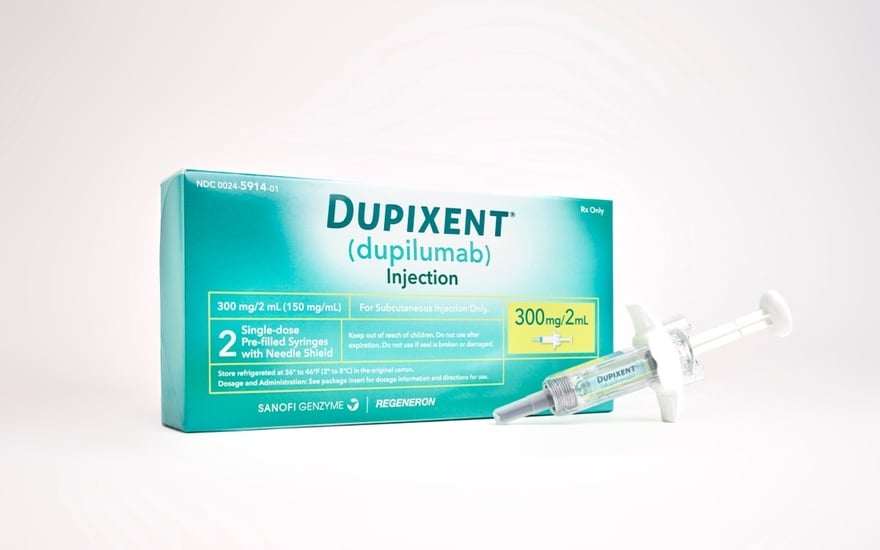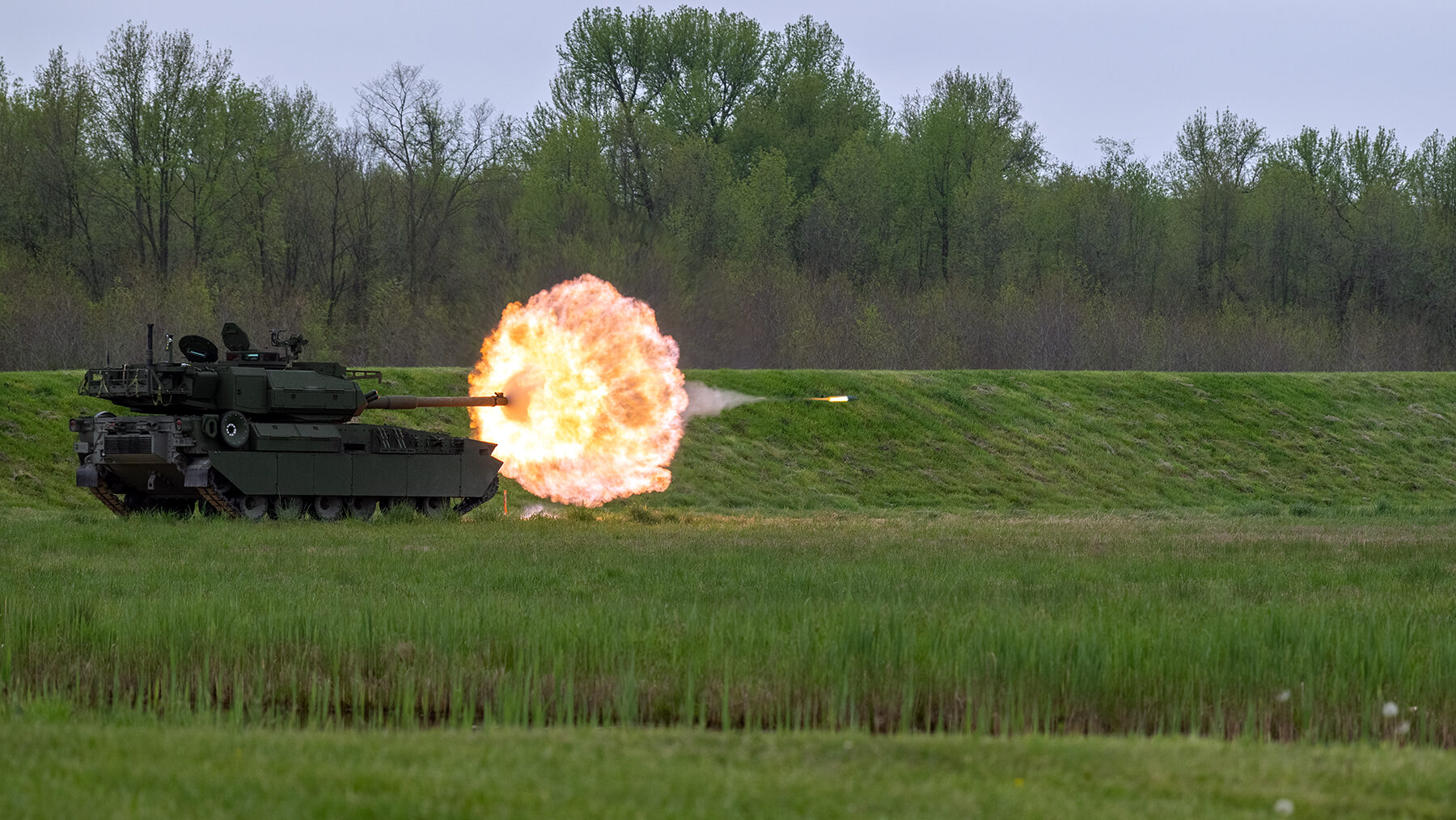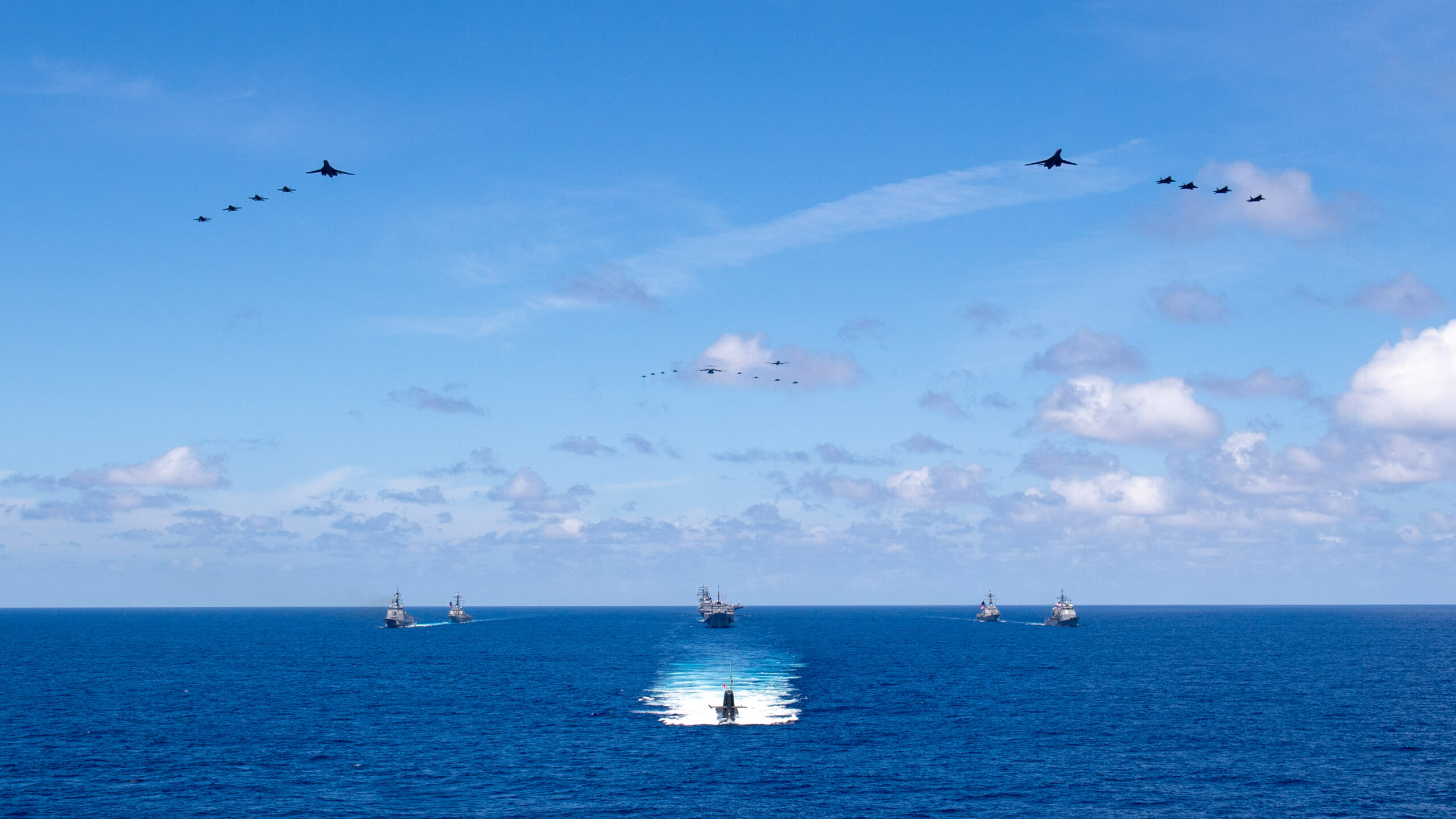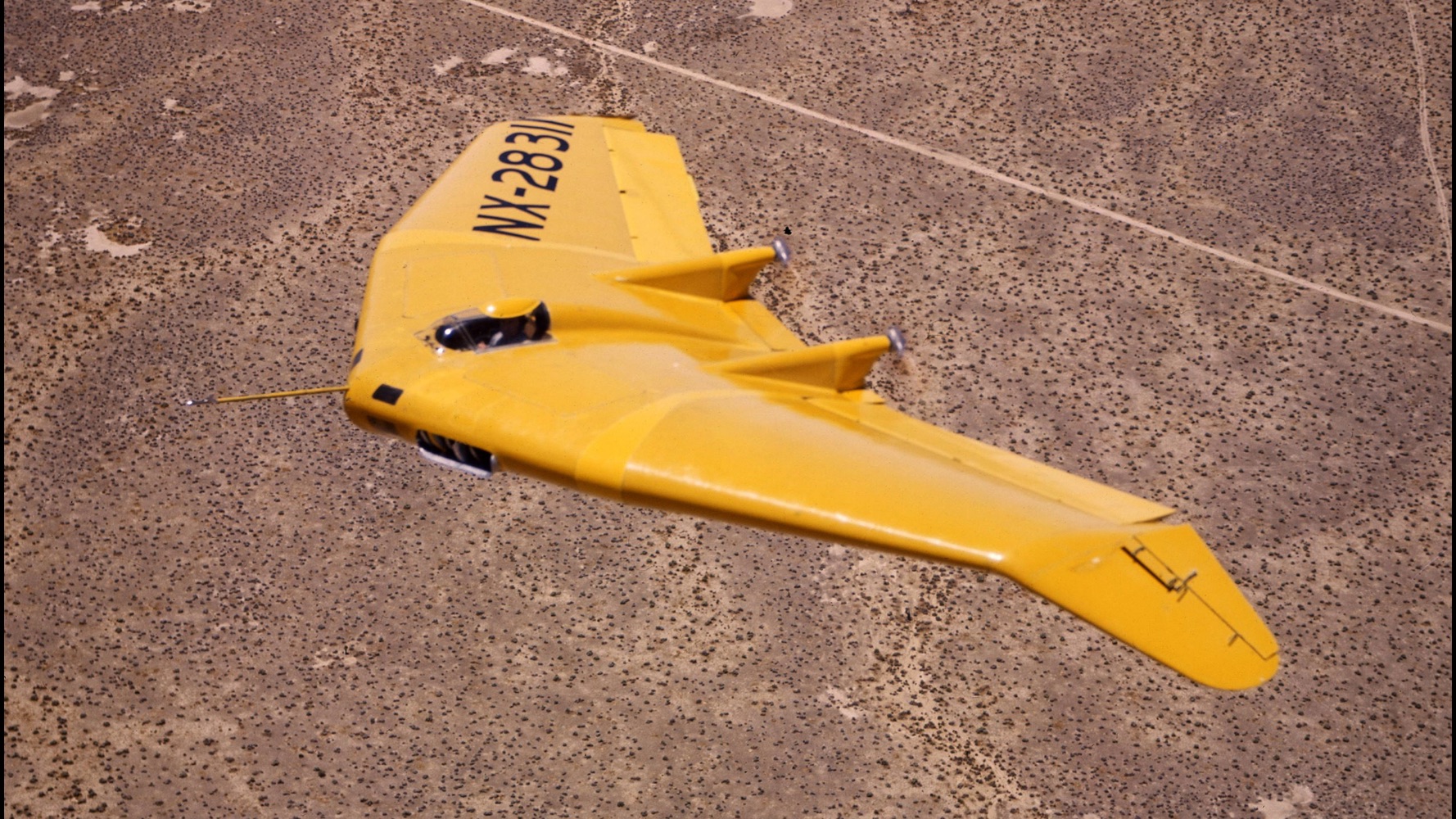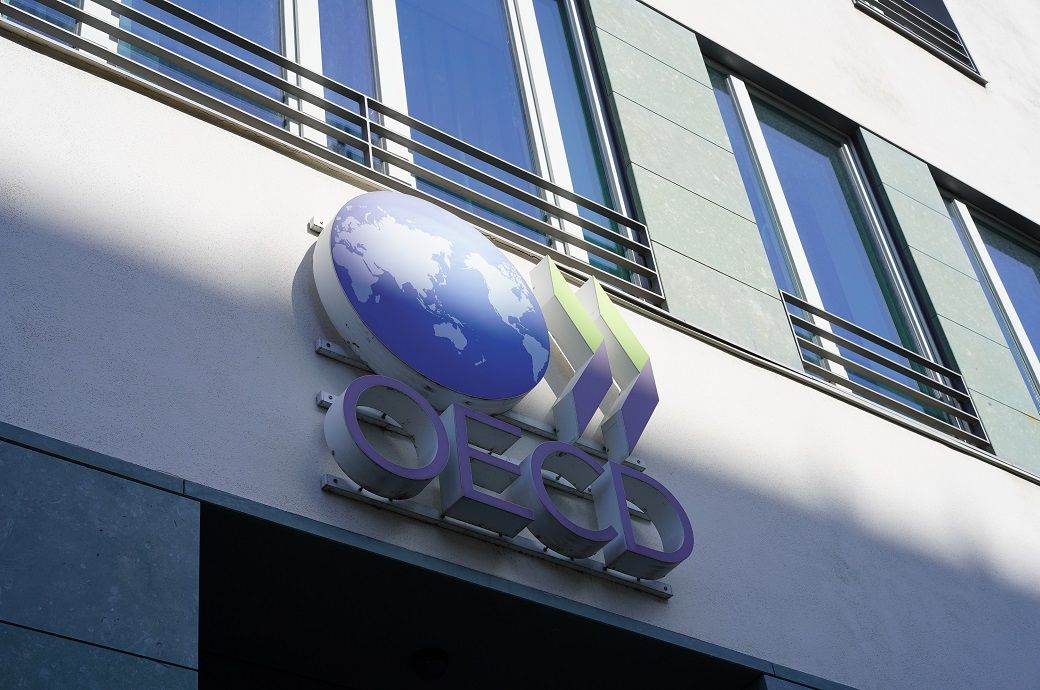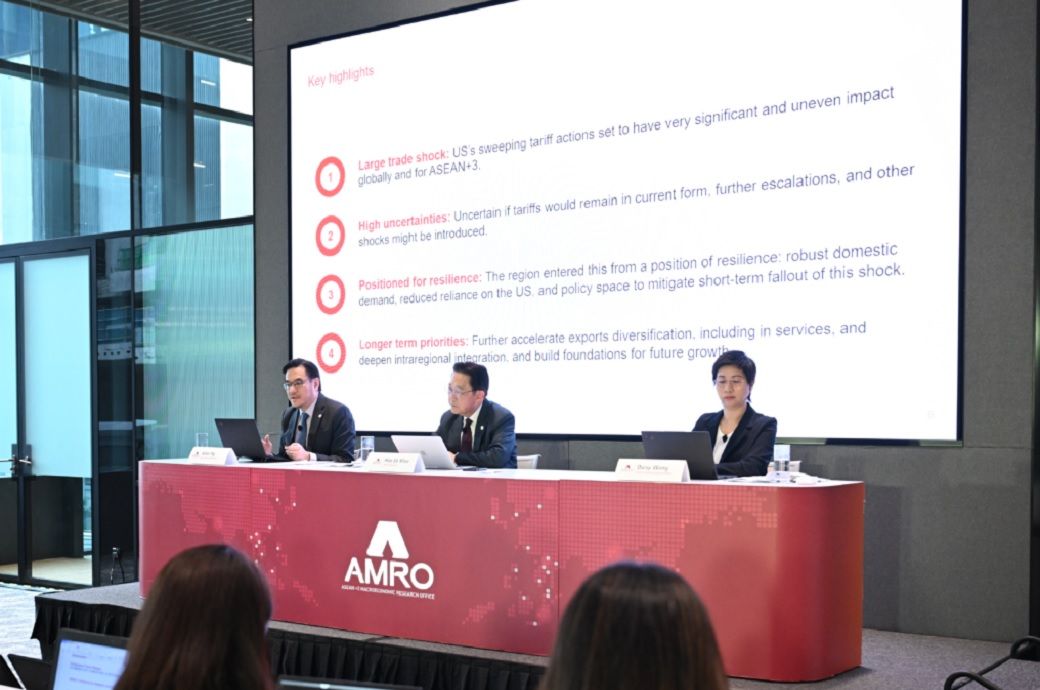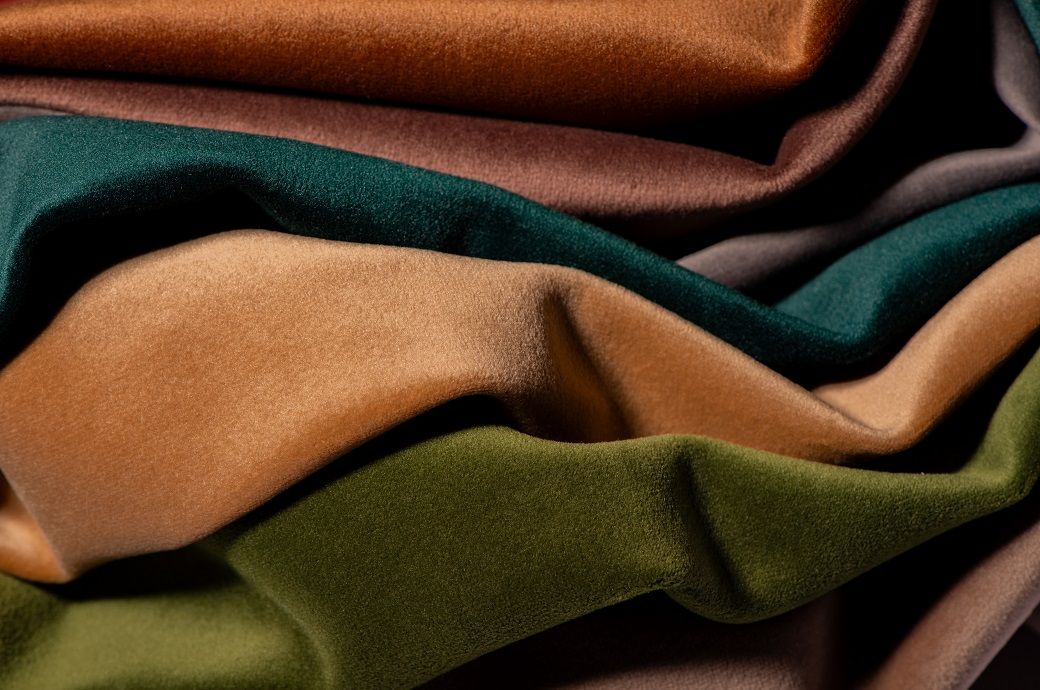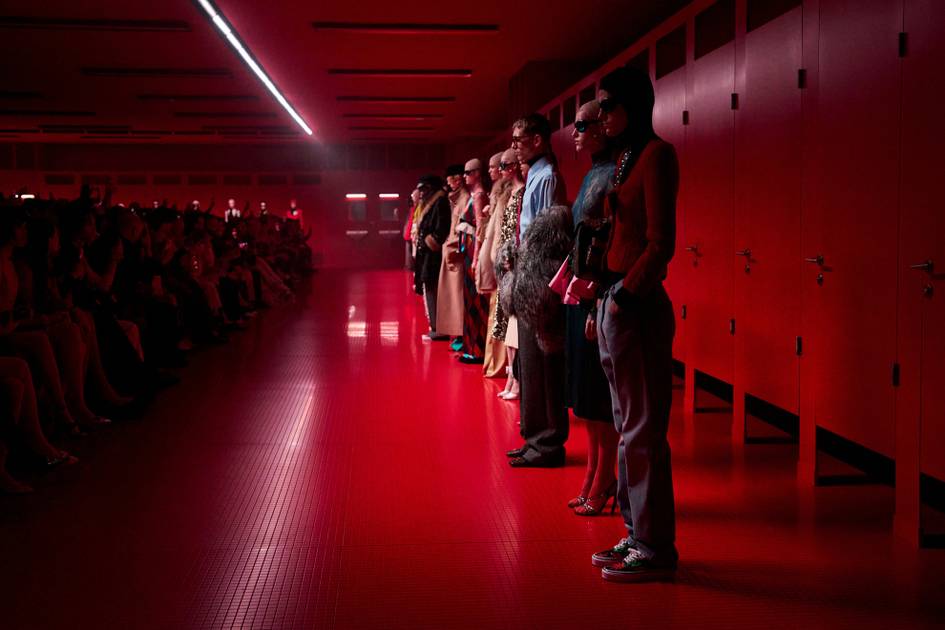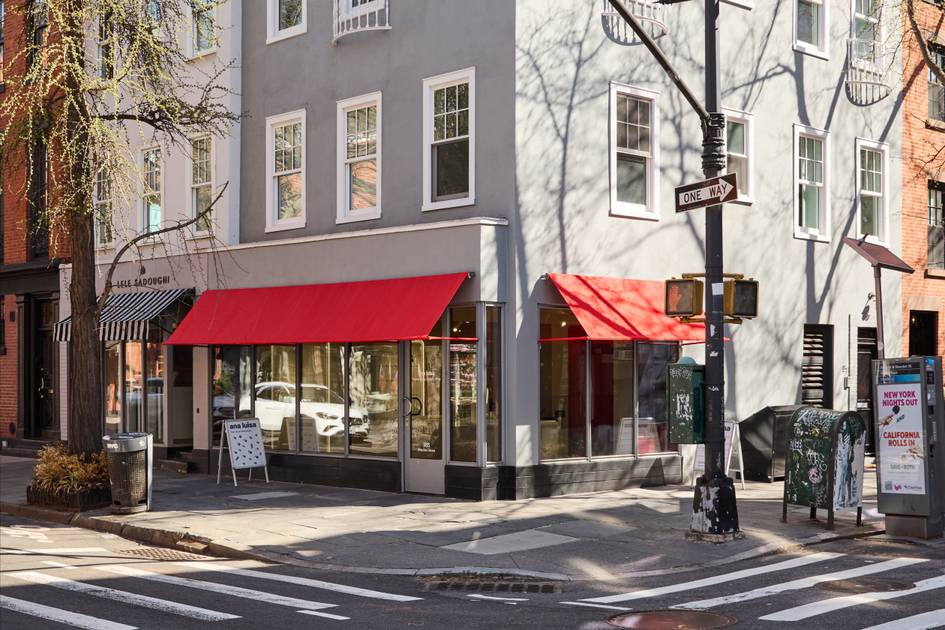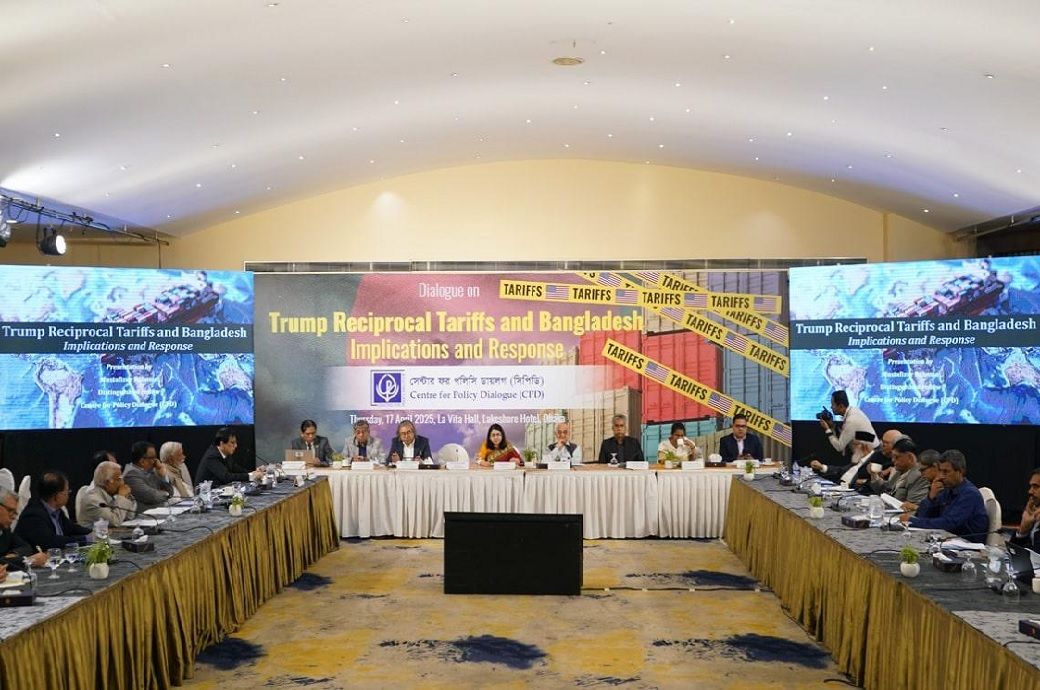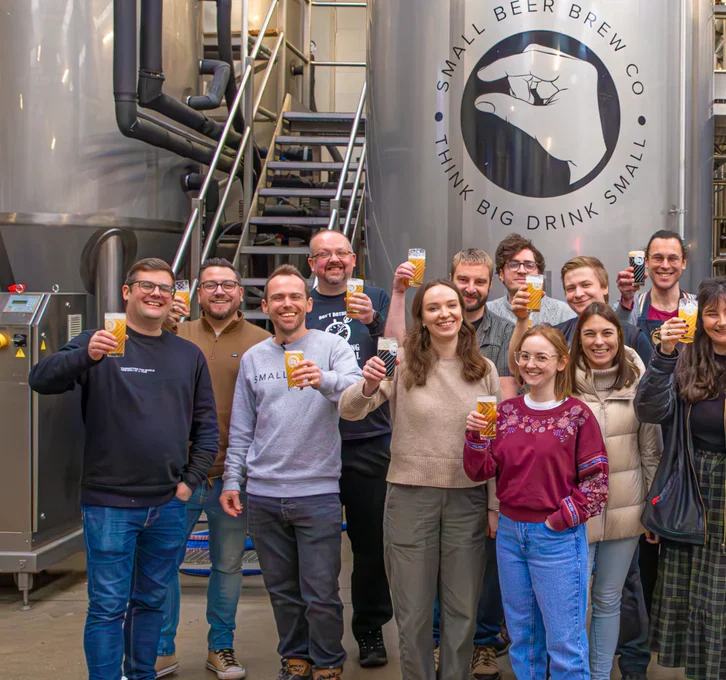During the last few weeks, Napa Valley Vintners, WineAmerica and the Wine Institute have all met with members of Congress to discuss issues affecting America's wine producers. Roger Morris reports directly from Washington DC.
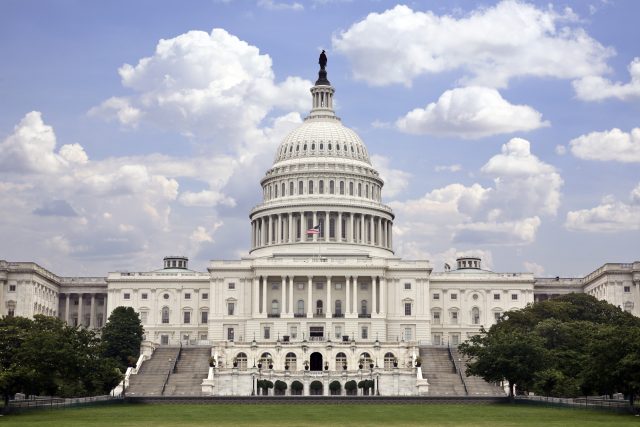
It is almost noon on a Monday morning in April, and Rex Stults, vice president of industry relations for Napa Valley Vintners, is having a quiet business lunch at a neighbourhood restaurant in Washington, D.C.’s southeast section a few blocks south of the nation’s capitol, munching on a fish sandwich, the thick briefing book to his right momentarily closed.
Stults and a cadre of NVV staffers and Napa vintners plan to fan out across Washington on a three-day messaging campaign, calling on members of Congress, staffers in the Trump administration and anyone else who might make have influence, especially regarding tariffs.
The events of the past few days are reminding Stults of what he already knows: In the wine industry, victories are hard won, and even today’s win may be only temporary. But he also knows that the alternative – doing nothing – is much worse.
Skittish worldwide markets
The weekend had not quieted the skittish worldwide stock markets. Sell-offs stoked by the recent announcement of Trump's tariffs, including those on wines, have continued a plunge toward bear-market territory.
Stults had also learned that hard-won federal funding of a Napa Valley fire abatement programme had been unceremoniously clawed back by Elon Musk’s cost-cutting troops. Meanwhile, social media platforms are showing cell-phone photos of
empty shelves where American wines were normally stocked in Napa Valley's biggest export market, Canada.
Nevertheless, Stults remains upbeat and on message. And, yes, he has heard the question many times – “Why are American winegrowers upset by tariffs on foreign producers? Why not try to gain market share?”
“To begin with, we consider America’s bottle-shop owners to be partners,” he says, “and tariffs on foreign wines will badly hurt their businesses as well as those of restaurants.”
Show of solidarity
While there are many issues that concern Napa Vintners (NVV) and its partner organisations that lobby for the wine industry, it is tariffs that have again called out lobbyists from NVV, WineAmerica
, the Wine Institute and the US Wine Trade Association in a show of solidarity for wine producers across country borders and their vast array of customers. Each organisation has its role.
NVV represents the largest block of premium wine estates in America, more than 400 Napa producers in total, the ones most likely to have significant export sales, including on La Place de Bordeaux. Indeed, at least two dozen NVV wineries are owned by French producers who will thus be hit by tariffs from two directions – on their way into the US and on their way out.
Washington-based WineAmerica represents individual wineries from wine regions in all sections of the country. “We’re continuing to try to get the message out to the Congressional offices on both sides about the impacts tariffs have already had on the industry,” says Michael Kaiser, EVP and director of government affairs. “We’re also concerned that Elon Musk’s team will reduce the employees of the Tax and Trade Bureau. We are the one industry that likes our regulators. We need them for timely appellation and label approvals.”
Charles Jefferson, VP of federal and international public policy for the California-based Wine Institute, describes his Washington office as “an old-fashioned shoe-leather lobby” working within various industry coalitions. “It comes down to the need for us to be consistent on trade issues and tariffs,” he says. “And tariffs always lead to retaliation.”
Coalition member
While those three represent America’s wine producers, the United States Wine Trade Association (USWTA) is the coalition member which represents everyone on wine’s sell side, including importers, wholesalers, bottle shop owners and restaurants.
“We are a single-issue organisation – trade, and particularly tariffs,” says board member Jeff Zacharia. Zacharia is president of Zachys Fine Wine, which owns New York wine shops and is also a worldwide auction house. “We’ve been working on it from before the Presidential campaign started,” he says. “We knew where the Biden administration stood, so we concentrated our efforts on the Trump campaign.”
A menu of issues
While tariffs are the current issue that can’t be ignored, Stults’ three-day blitz provides a glimpse of the many issues which threaten the American – and even the world – wine industry. “When we come to Washington, we try to concentrate on just three issues,” he says, “so we have three teams, each with staffers and with Napa vintners who have paid their own way to be here.”
NVV’s first team – tax and trade – plans meeting with Trump administration staffers and with US senators and representatives – the members of Congress. “We also will be meeting at the Canadian embassy,” Stults adds. There, the arguments will be that reciprocal tariffs are one thing, but removing American wines from shops in advance of tariffs – largely a province-by-province issue – is unwarranted.
And as WineAmerica’s Kaiser points out, “They [Canadians] are punishing wine producers who are primary from blue states (where voters oppose Trumps) and not red states (voted to elect Trump)."
A second team, Stults says, will address health and consumer information, primarily trying to blunt the expected negative thrust of the upcoming American dietary restrictions recommendations. In essence, the guidelines are expected to say that alcoholic beverages at all levels are harmful to health. “We are encouraging transparency in formulating guidelines,” Stults says, “which hasn’t been the case so far.”
Fire prevention
The third team will be drumming up support for fire prevention and mitigation funding and programmes, including the Fix Our Forests Act aimed at better management of forests on federal lands. Stults says that Napa Valley has, since its last battle with super-fires, demonstrated that significant fire mitigation can be achieved. “In fact,” he says. “Napa Valley has become the poster child in preparing communities against wildfires.”
Stults relates how important it has been to have legislators visit wineries and wine venues. “We had this one Congressman who got to personally taste what smoke can do to a wine by tasting a bottle,” he says. “I’m convinced from that moment he became one of our advocates.”
Because of the importance of these meetings, the Napa Valley contingent, once issues were selected, went through a training session before getting on the airplanes headed east. “We defined the issues, went over our messages and did some role playing,” Stults says. “Once we get into the meetings, it’s the vintners that everyone wants to hear, not the lobbyists.”
“We have been coming to Washington for a good 20 years,” he says, “but more consistently for the last 10.” The organisation also retained a permanent independent Washington lobbyist about a decade ago.
Wine isn't a commodity
But of all the organisations, the Wine Institute appears best positioned to deal with trade and other international issues. In fact, Jefferson is one of the presidents of FIVS - Fédération Internationale des Vins et Spiritueux – and the Wine Institute is a member of the World Wine Trade Group (WWTG), an organisation that includes both industry and government bodies in selected wine-producing countries.
“We’ve been working with the EU for three or four years on wine-labelling issues,” Jefferson says. “Wine is unlike any other product,” he says, adding an argument that he also uses against trade wine barriers, whoever is imposing them.
“Wine isn’t a commodity like steel. You can’t replace a Sonoma Pinot Noir with something else,” he says, noting that neither can restaurants replace a Bordeaux, Barolo or Burgundy with an American wine in response to tariffs.
And, practically, as the USWTA’s Zacharia notes, “US producers can’t supply all the wine we currently consume.” Indeed, more than one-third of all wine Americans drink is imported, mostly from Europe.
Major reversal
Stults’ three teams of Napa vintners had barely made it through their midday visits on the second of three days, when there was yet another major reversal – President Trump has suddenly decided to
pause most reciprocal tariffs, except for China, for 90 days to permit negotiations, sending the stock markets racing to regain some of their four days of losses.
The winemaker dinners planned for that evening were doubtlessly more like celebrations. However, for Stults, the springtime work in Washington will not be over for some time. “We’re also members of WineAmerica, so I’ll be back in a month for their meeting of vintners from around the country. Our organisations are generally closely aligned, and we try hard not to make our efforts redundant.”

 It is almost noon on a Monday morning in April, and Rex Stults, vice president of industry relations for Napa Valley Vintners, is having a quiet business lunch at a neighbourhood restaurant in Washington, D.C.’s southeast section a few blocks south of the nation’s capitol, munching on a fish sandwich, the thick briefing book to his right momentarily closed.
Stults and a cadre of NVV staffers and Napa vintners plan to fan out across Washington on a three-day messaging campaign, calling on members of Congress, staffers in the Trump administration and anyone else who might make have influence, especially regarding tariffs.
The events of the past few days are reminding Stults of what he already knows: In the wine industry, victories are hard won, and even today’s win may be only temporary. But he also knows that the alternative – doing nothing – is much worse.
It is almost noon on a Monday morning in April, and Rex Stults, vice president of industry relations for Napa Valley Vintners, is having a quiet business lunch at a neighbourhood restaurant in Washington, D.C.’s southeast section a few blocks south of the nation’s capitol, munching on a fish sandwich, the thick briefing book to his right momentarily closed.
Stults and a cadre of NVV staffers and Napa vintners plan to fan out across Washington on a three-day messaging campaign, calling on members of Congress, staffers in the Trump administration and anyone else who might make have influence, especially regarding tariffs.
The events of the past few days are reminding Stults of what he already knows: In the wine industry, victories are hard won, and even today’s win may be only temporary. But he also knows that the alternative – doing nothing – is much worse.




























